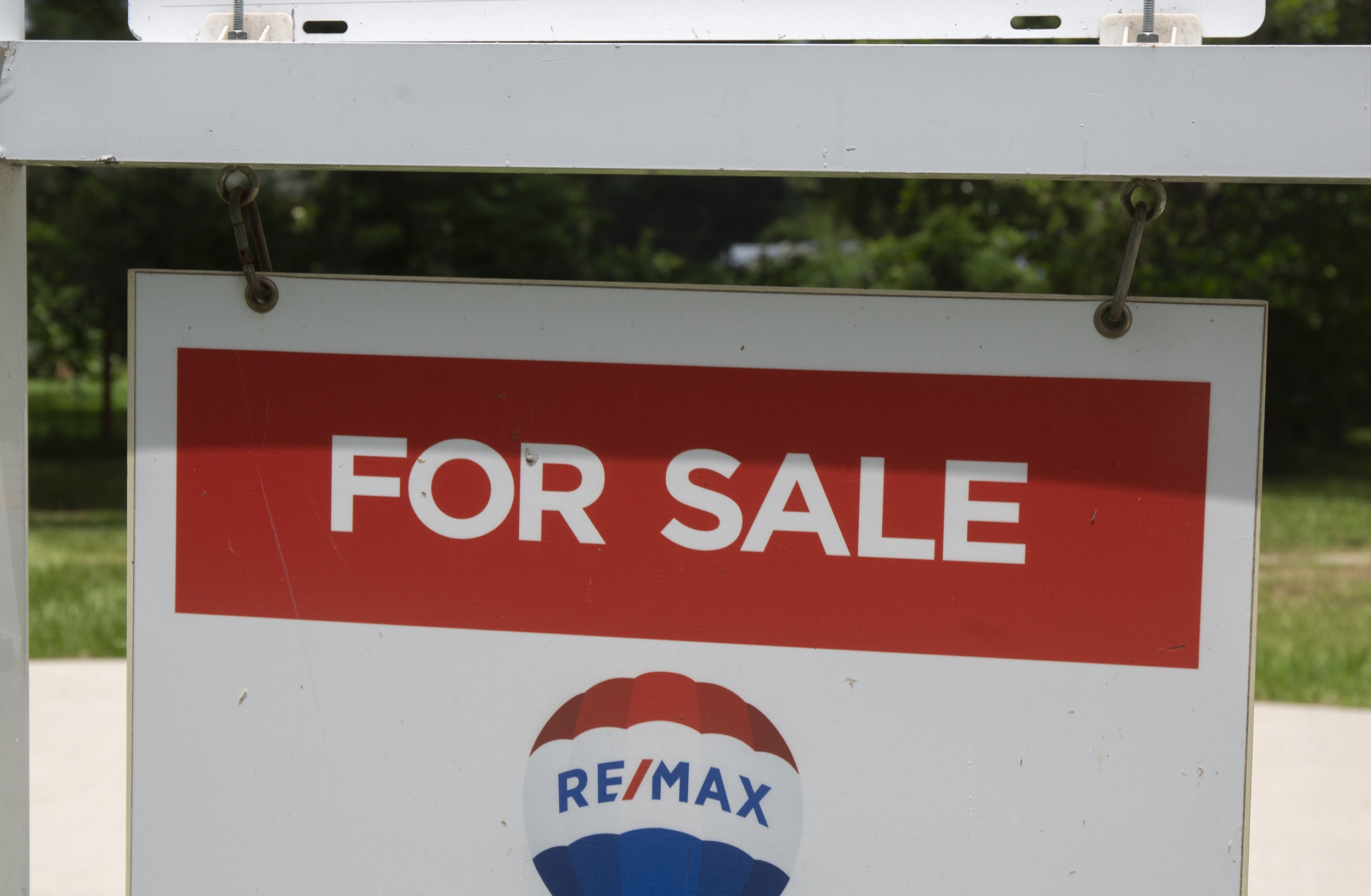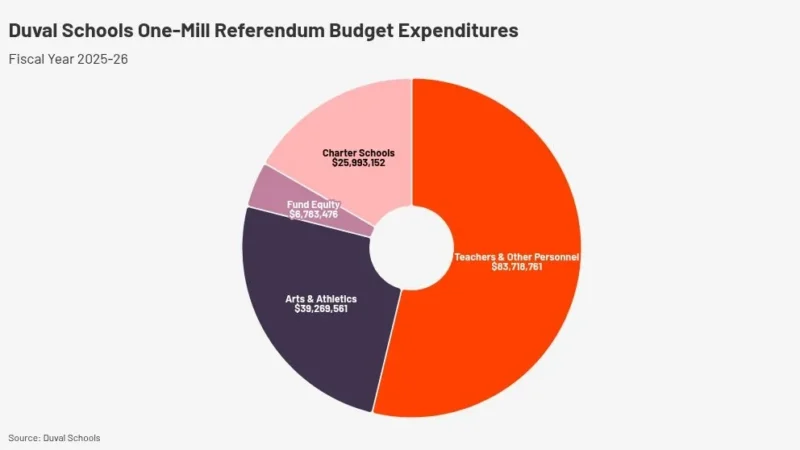There are more real estate agents in Florida than any other state in the U.S. But this month, the National Association of Realtors reached a settlement in a lawsuit that could affect the way these agents are paid.
For decades, the seller of a house would pay the commission of the buyer’s agent, which has usually been 5% to 6%. With the settlement, that rate could be cut in the next few years, according to Stephen Brobeck of the Consumer Federation of America.
“I’m predicting that the 5 to 6% rates, which are fairly uniform, are going to evolve to an average of 3 to 4% rates, but there’s going to be much more variation,” Brobeck said Friday on The Florida Roundup. “In today’s marketplace, every agent charges the same thing. The agent that just earned their license charges what a real pro who understands the market and understands how to get you a really good deal charges.”
A federal court must approve the settlement; if so, the change would take effect in July. Brobeck said rates in Miami would likely come down if that happens.
“We’ve done research in Miami, they’re around 6%, most of them. I think they could come down to 4%,” Brobeck explained. “I’m sort of shocked that the people who were spending millions of dollars on their homes are not asking for a discount. I mean, it’s just so totally out of whack.”
Brobeck also noted that the change could affect the cost of homes. That said, consumers wouldn’t see a big difference right away.
“It’s going to take time, no changes are going to take place quickly. You may not see changes for three to four years, actually. But most experts estimate that commissions will drop by 20 to 50%. And currently, with 5 million sales in a year, that would represent a savings of $20 to $30 billion,” Brobeck said.
Brobeck said the existing commission structure in the U.S. is unfair to most of the industry.
“For example, a buyer agent that shows 30 homes gets paid the same amount as a buyer agent that shows one home, which the buyer has identified through Zillow,” Brobeck said.
He noted many factors could push real estate agents to leave the industry if pay comes down, including a new requirement to have a contract signed by buyers.
“Now, today, if there is a contract, and often there isn’t, the buyers don’t pay much attention to it because they know that the seller will pay the buyer agent’s commission,” Brobeck explained. “But this new requirement is going to lead to lots of conversations and negotiations about the buyer agent commission, and agents that are not skillful are not going to be able to deal with the situation.”
Florida also has real estate agents known as transaction brokers, who don’t represent the buyer or seller in a fiduciary capacity. According to Florida statutes, unless an agent establishes a single agent or no brokerage relationship with a customer in writing, they are by default considered transaction brokers.
Brobeck called this system “outrageous.”
“Transaction brokers and facilitators … there should never be two facilitators. There’s no reason for two facilitators in a sale. There should be one facilitator. Plus, it’s not disclosed,” Brobeck said.
He continued: “The Florida Legislature some time back rewrote a law to say that if you’re a fiduciary agent, you have to disclose that, but if you’re transactional broker, you don’t have to. Now why is transactional brokerage, why was it so attractive to the agents? Well, it’s because of your facilitator. You don’t have the legal liability, you don’t have the responsibility that a fiduciary agent has.”
He said he would like to see more options for Florida consumers.
“We’d like to have a transaction broker option where it’s clearly disclosed the transaction broker is not a fiduciary only facilitator,” Brobeck said. “They’re paid a lot less because they don’t have the liability and responsibility. Consumers understand that. But we’d also like consumers to have the option of utilizing a fiduciary agent.”
9(MDEwNzczMDA2MDEzNTg3ODA1MTAzZjYxNg004))







